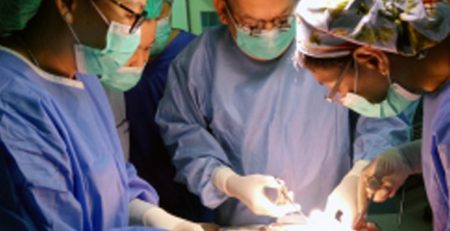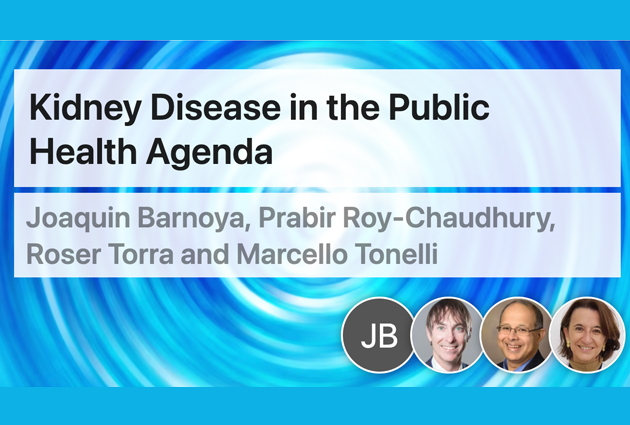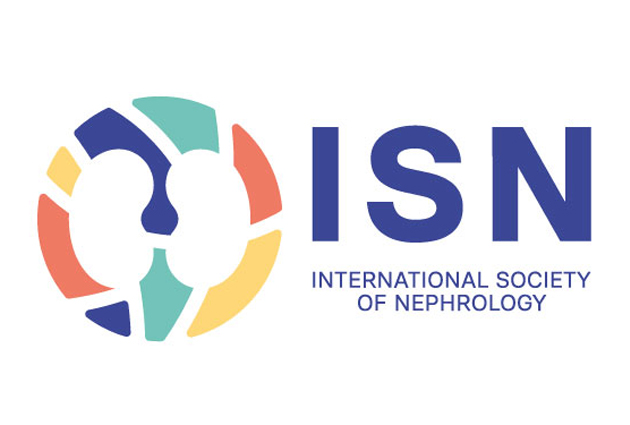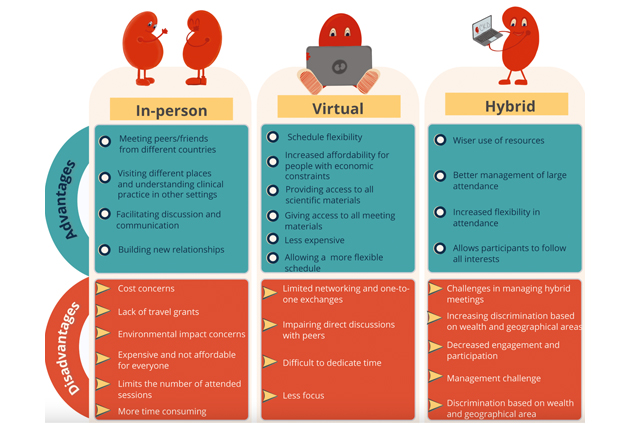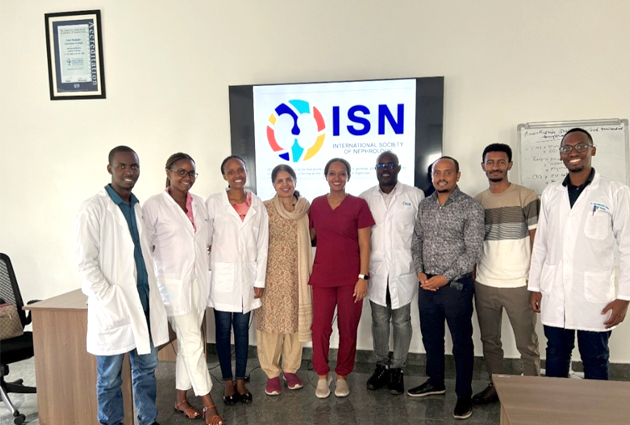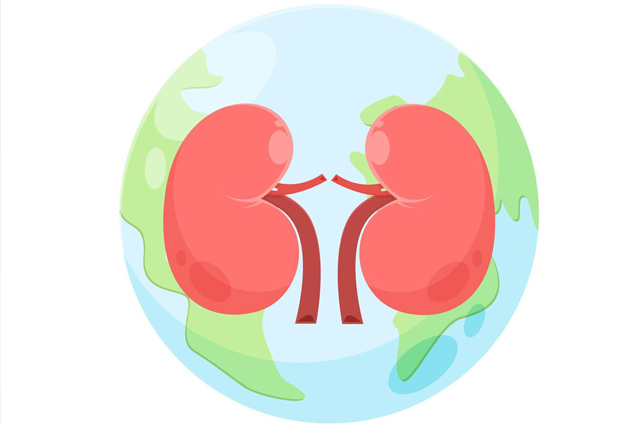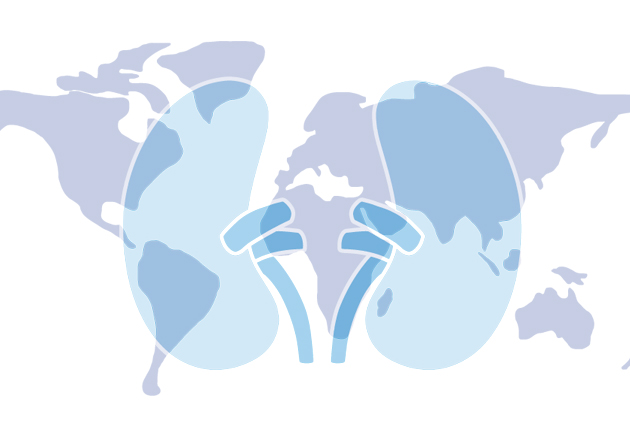Finding purpose outside the day job
Becoming a volunteer reveals how a little help can go a long way when it comes to medical communities in need.
Portuguese nephrologist Catarina Carvalho discovered how her medical expertise and training would be tested when she volunteered to support doctors and nurses at the National Hospital in Dili, East Timor.
On the value of volunteering, Carvalho says: “Training is the most important thing you can provide.” Will it change how she practices nephrology in her home country? The experience took her out of her comfort zone, pushing her to reinvent herself. She has become more clinically objective than before in her examinations.
A health crisis hit the country 13 years ago after it obtained independence from Indonesia. In 1999, there were only 70 general practitioners and a surgeon.
Currently, specialized healthcare still mainly depends on the help of Cuban doctors. Outside the National Hospital where the country’s only hemodialysis center is located, health units are severely deprived. There is only one nephrologist in the country – and he is Cuban.
Arriving at the National Hospital, Dr. Carvalho was struck by the harsh difference in conditions. There were no kidney biopsies being carried out or urinary strips being used for testing of urine samples. About eight dialysis machines were available but the center was only open in the day. With no night shifts in the dialysis center, meaning fewer patients being treated.
She explains: “I really struggled to open the night shift in the dialysis center to set up a transport system helping nurses come and go safely from their homes to work outside of daytime hours.”
Chronic Kidney Disease (CKD) is a big issue as it is largely under-diagnosed or patients reach the hospital in terminal stages, with unimaginable serum value levels of creatinine (>1000mmol/L). The main causes are uncontrolled hypertension, urinary tract lithiasis and infection.
Knowing the importance of kidney disease prevention, she built a screening program at the National Hospital and other health units, even encouraging the doctors to get tested. She also travelled away from Dili to organize screening camps in rural areas. Listening to the doctor’s enthusiasm about the importance of screening was probably the most rewarding aspect of her visit since early testing really helps to save lives.


